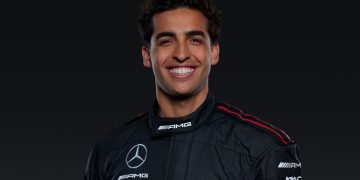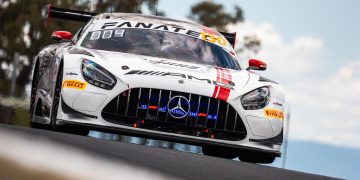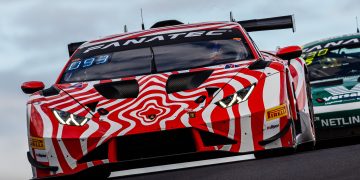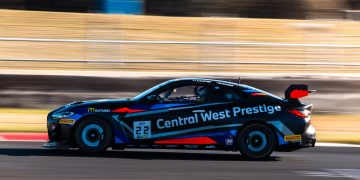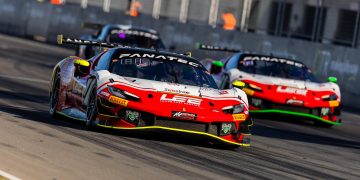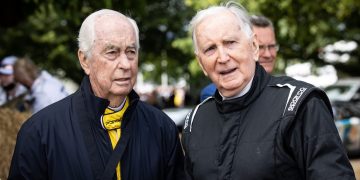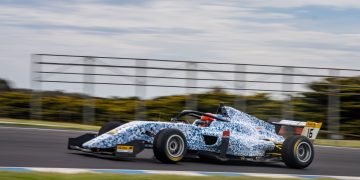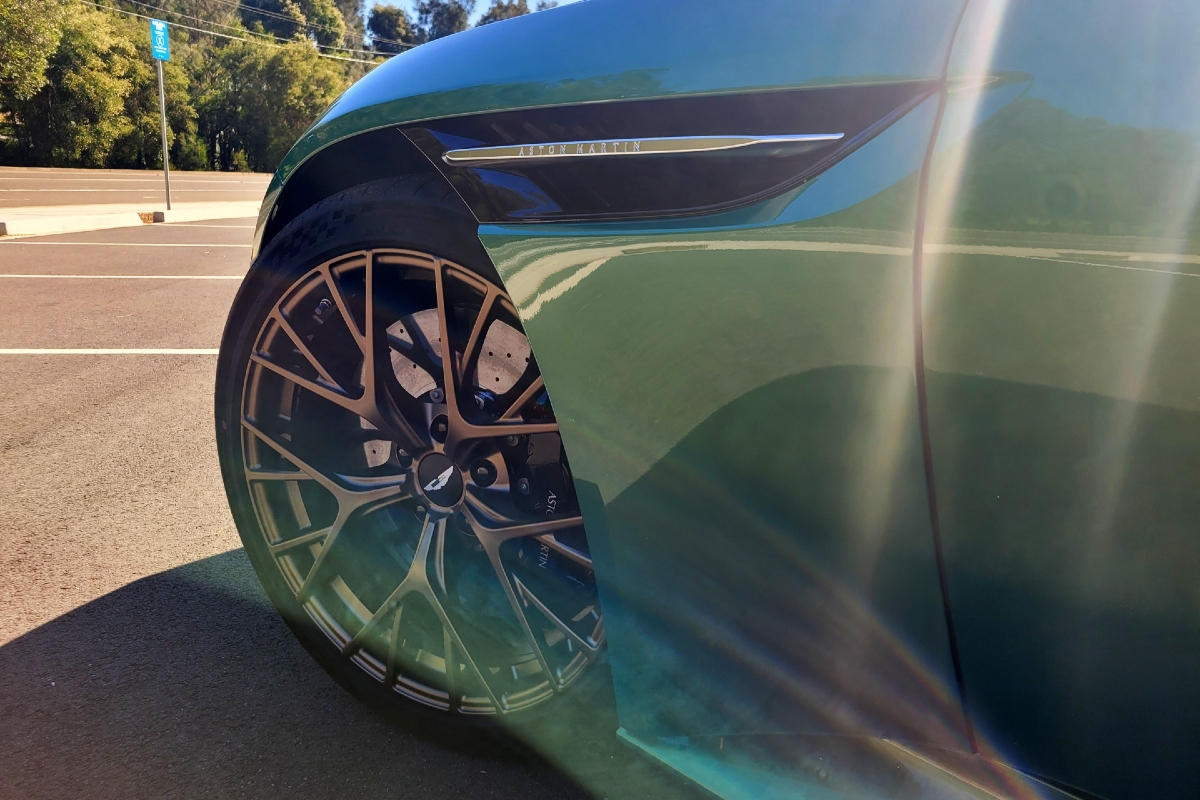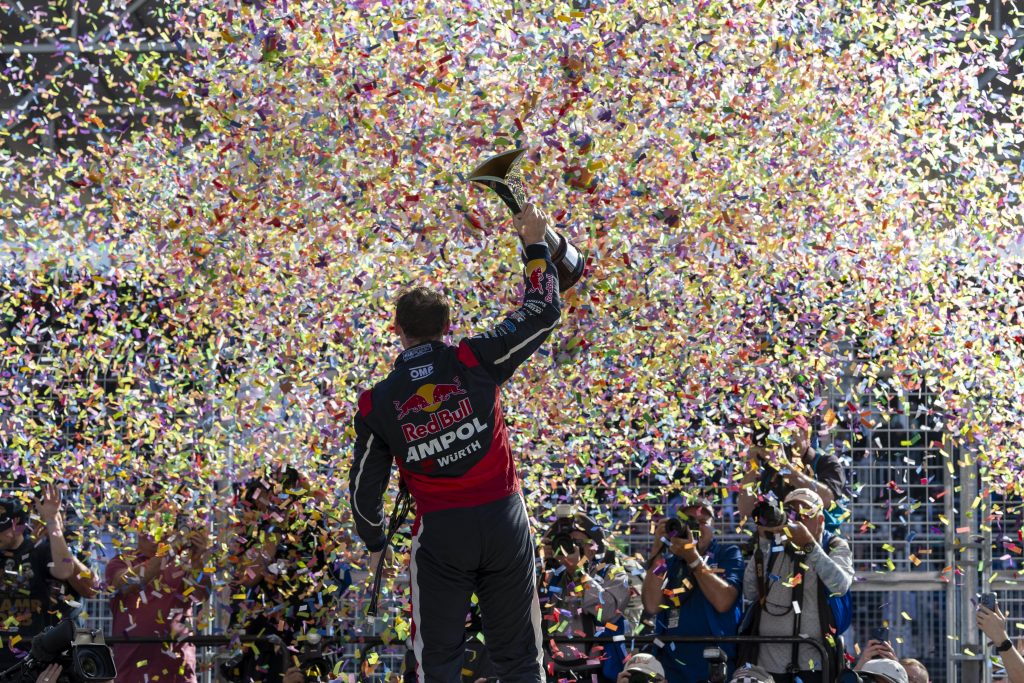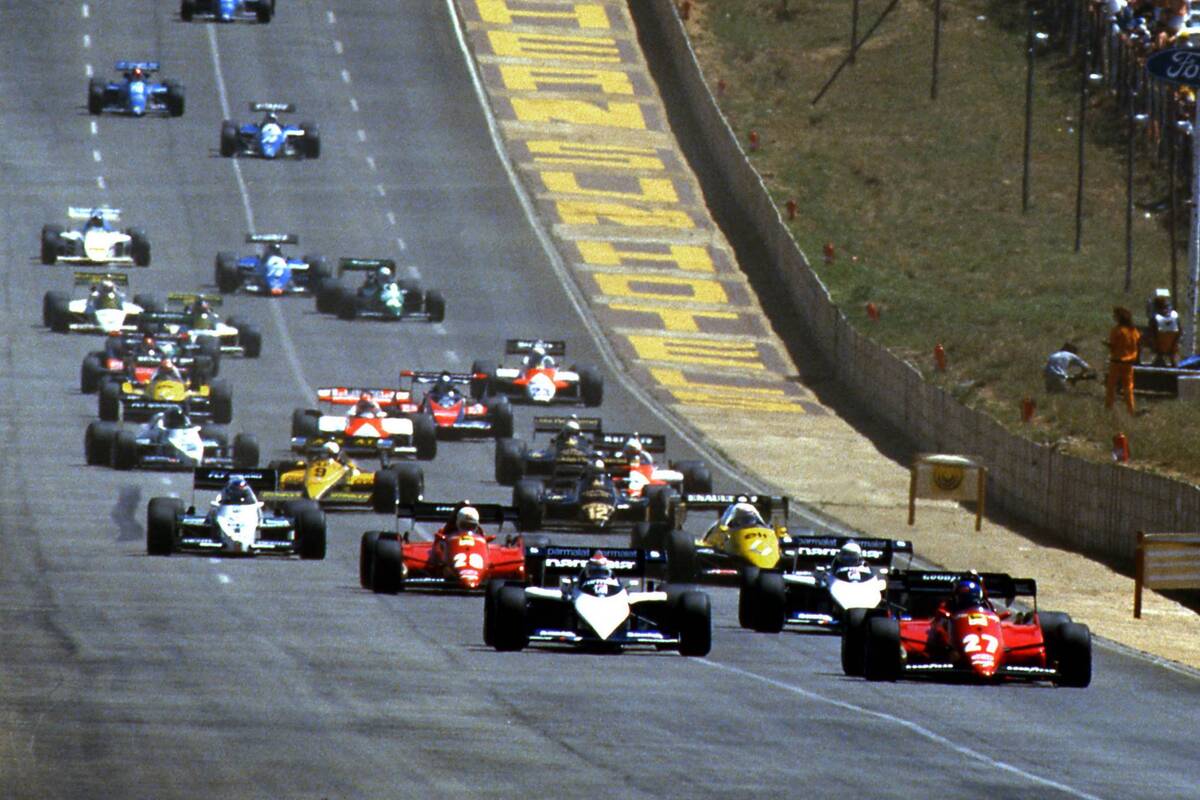
F1 has not raced on the African continent since 1993 despite a number of projects to lure the world championship back in the decades since.
Most of those have come from South Africa but have typically failed to secure the necessary funding.
There is now a renewed push to return Kyalami to the calendar, coinciding with an announcement last month that work is planned to upgrade the former F1 venue to Grade 1 standard.
South Africa hosted F1 from the 1960s through to the mid-1980s, before returning in 1992 and 1993 at the then-heavily modernised Kyalami circuit.
However, the venue has since fallen behind modern safety standards despite some investment by Toby Venter, who acquired it in 2014.
To host a grand prix, a venue must have Grade 1 certification from the FIA.
That fact previously scuppered the chances of F1 returning to South Africa as a dispute over who should fund the upgrades broke out between Venter and the team behind the proposed event.
Now, South Africa’s minister of sports, arts and culture, Gayton Mckenzie, has announced the formation of the South African Formula 1 Bid Steering Committee, a 13-strong group charged with bringing F1 back to the country for 2027.
“Lewis Hamilton, we want to pay tribute to you and your activism,” began Mckenzie.
“You introduced so many of us to Formula 1 and turned us into passionate fans today.
“You inspire us with who you are as driver, a person and a tireless activist for what you believe in. We want to crown your career by seeing you race here.”
He went on to point out that F1 had not visited South Africa since it was democratised and that the current calendar was imbalanced.
“Europe has 10 races, if you include Baku,” Mckenzie noted.
“One country, Italy, has two F1 races. Africa, with 54 countries, does not even have one race.
“So, there’s no reason that we can’t all put our name forward, and support each other, to make sure that the world championship takes place everywhere in the world, as it should.”
South Africa is not the only African country vying for a race, however, with strong interest from Rwanda.
The FIA recently held its annual prize-giving ceremony in the country, and president Paul Kagame has made appearances at several grands prix in recent months.
An unlikely venue for a grand prix, there is a degree of business sense behind it.
Rwanda is pushing to grow its tourism economy, an area Kagame has identified as a key driver for economic growth and employment in the country.
He has also identified the cost of air travel in and around Africa as a barrier to growing the sector and has worked to introduce the Single African Air Transport Market in an effort to drive down costs.
Meanwhile, construction work has begun on an all-new international airport in Rwanda’s capital, Kigali, in a project valued at $1.3 billion.
The first phase will see the airport designed to accommodate seven million passengers a year, expanding to 14 million with the second phase which will begin in 2032.
The project has backing from Qatar Airways, an official partner of Formula 1, which has a 60 percent interest in the facility.
Qatar Airways also has a codeshare agreement with state-run carrier RwandAir, a partnership that will deepen with plans to acquire a 49 percent ownership stake.
The new facility in Kigali is designed to become an African transit hub to rival Addis Ababa Bole International Airport in Ethiopia.
“We’re looking at 2027 and 2028 in terms of the airport being operational,” confirmed RwandAir CEO Yvonne Manzi Makolo.
“Addis is already a huge hub but Kigali will be an alternative regional hub, especially given the geographical position of Rwanda right in the heart of Africa, which gives us access to all the points.”
The African continent had an estimated population of 1.4 billion in 2021, with a growing middle class.
“We should not lose sight of our own continental market,” Kagame told the World Travel and Tourism Council in 2023.
“Africans are the future of global tourism as our middle class continues to grow at a fast pace in the decades to come.
“We must work closely together with partners, like the WTTC, to continue developing Africa into a premium destination for global travel.”
As Rwanda looks to bolster its tourism industry and Qatar Airways’ involvement in the construction of the country’s newest international airport, the interest in an F1 race therefore makes a degree of sense.
It would offer a flagship event and help raise awareness and open up the local tourism industry, bolstering that segment of the economy, all the while facilitated by a new airport that affords Qatar Airways income from that and new routes.

 Shop
Shop


